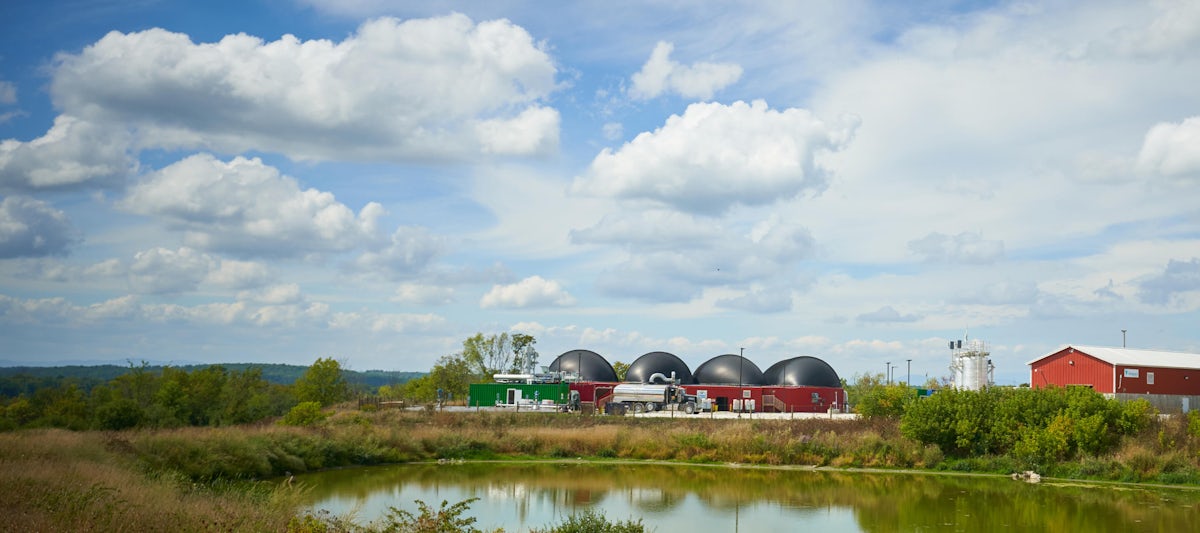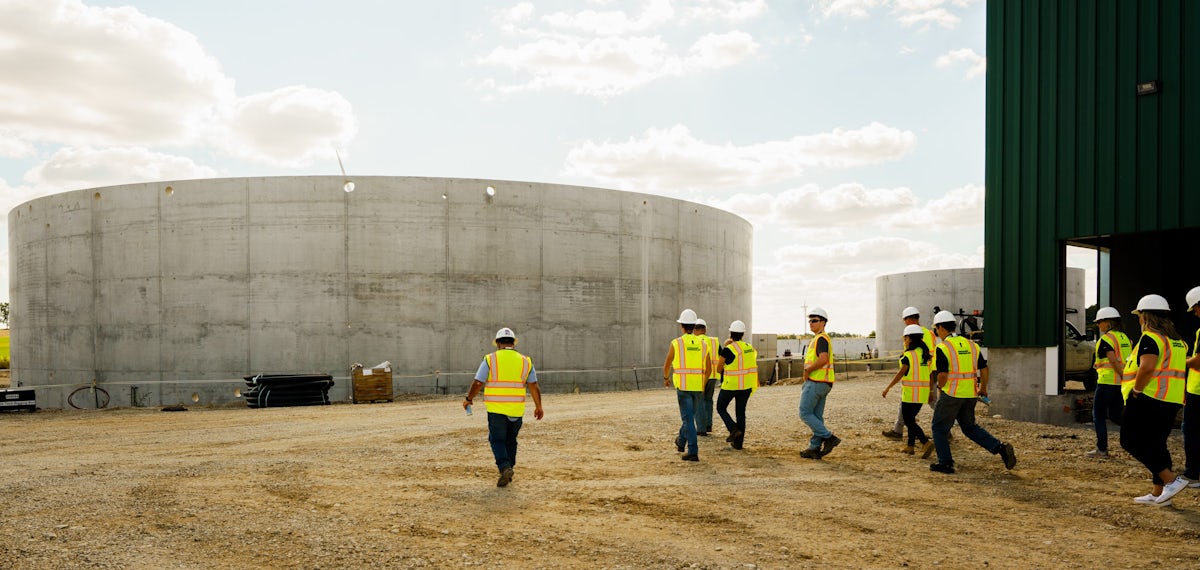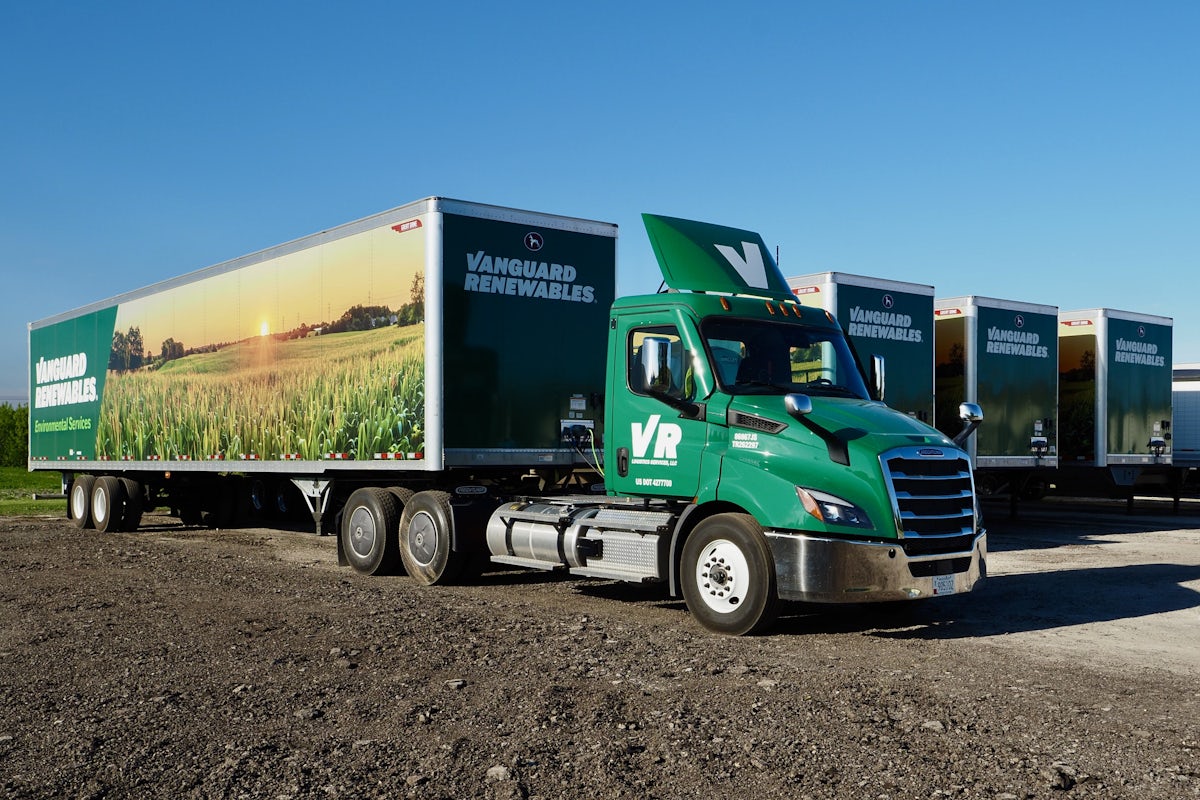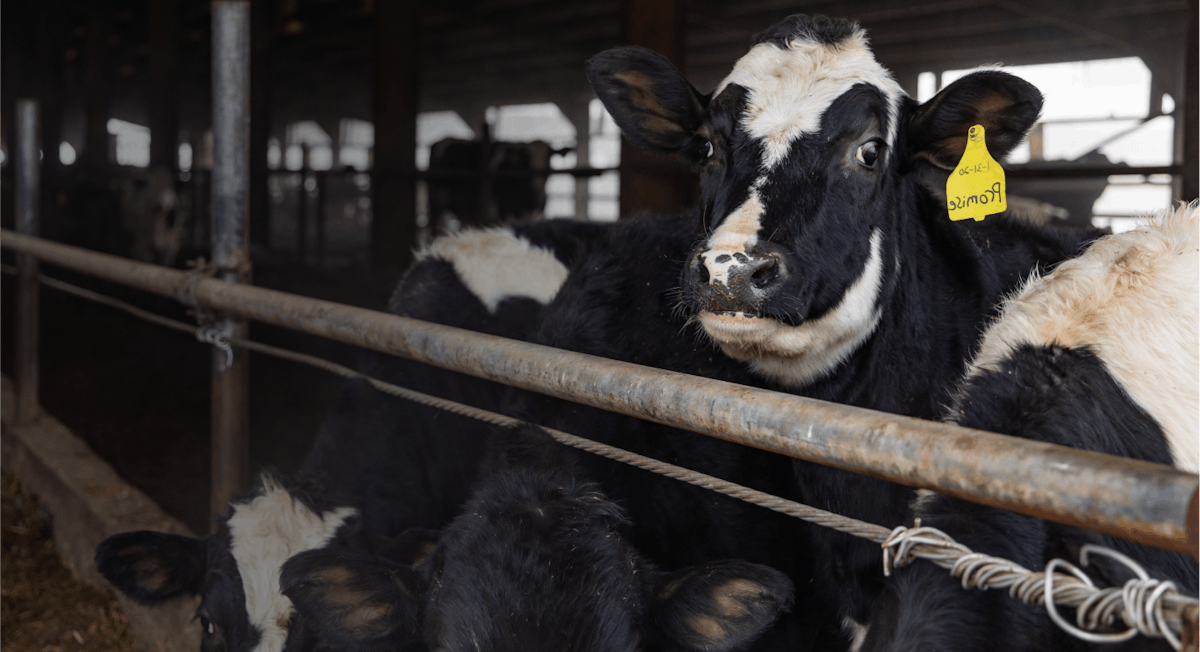Insights
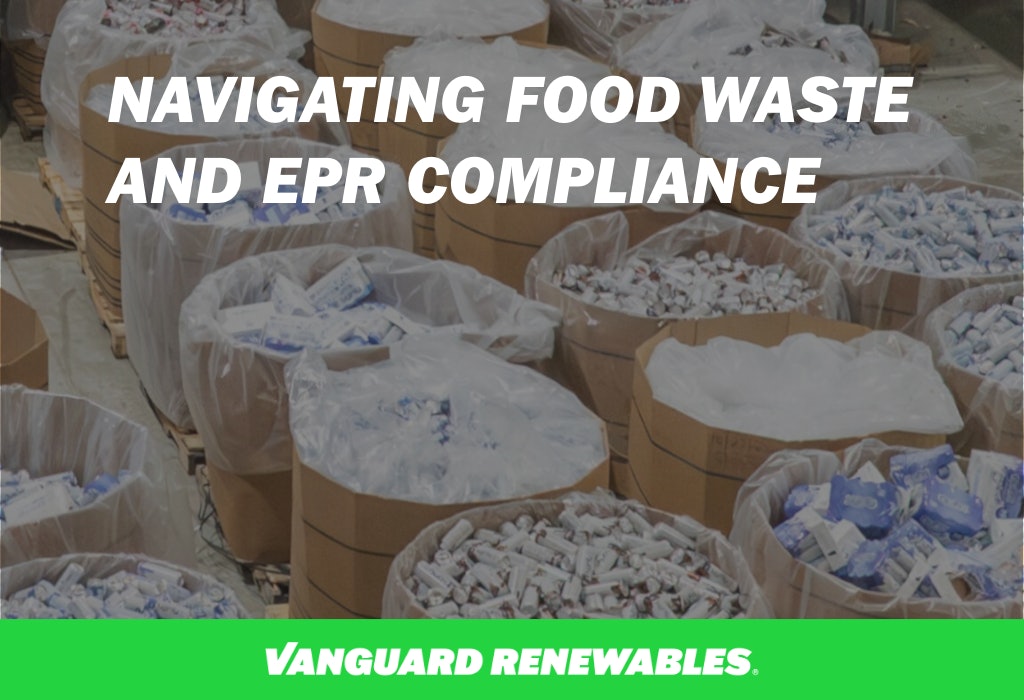
December 11, 2025
Navigating Food Waste and EPR Compliance
Food waste and packaging are the two largest contributors to the nearly 300 million tons of municipal solid waste (MSW) in the United States. Food waste alone is the largest category of incinerated material, which isn’t surprising when you consider that 30-40% of the US’ food supply becomes waste.
So, what’s being done to address the massive amounts of food and packaging waste, especially what’s destined for landfills and incineration?
Read More

November 13, 2025
Managing the Holiday Waste Surge
As the holiday season approaches, the pace of retail and manufacturing operations accelerates. Shelves are restocked, seasonal packaging floods warehouses, and production ramps up to meet increased demand. But as the front end of the business gears up for celebration and sales, the back end begins to strain under a growing and often overlooked pressure.
Read More

November 4, 2025
Tackling Food Waste in Retail
Food waste is more than a backroom issue. It’s an operational challenge that is reshaping how retailers think about efficiency, risk, responsibility, and sustainability.
Read More

October 14, 2025
Why RNG is the Fuel of the AI Age
The grid is struggling to keep up with surging electricity demand driven by the rapid growth of AI and its increased reliance on behind-the-meter (BTM) energy generation. The race is on for solutions that offer both resilience and a path to long-term sustainability. Renewable Natural Gas (RNG) is emerging as the frontrunner for those determined to meet their energy needs and lead responsibly.
Read More
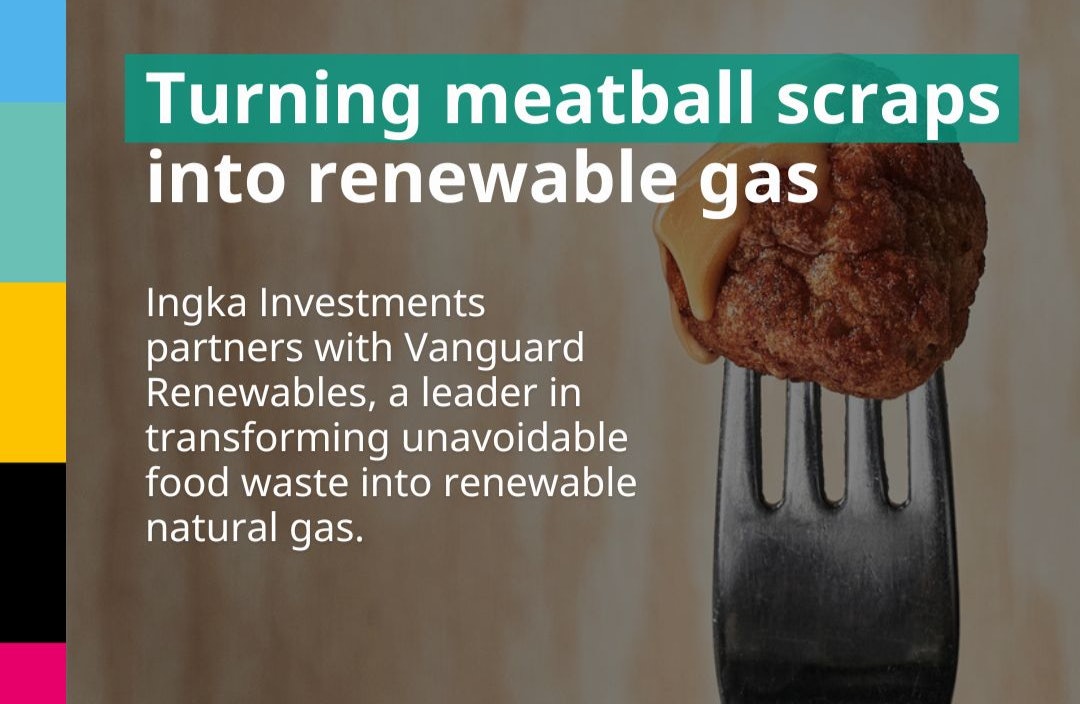
September 18, 2025
Turning meatball scraps into renewable gas – IKEA U.S. and Vanguard Renewables tackle food waste
Ingka Investments, the investment arm of Ingka Group, the largest IKEA retailer, has made a minority investment in Vanguard Renewables, a leader in transforming unavoidable food waste into renewable natural gas using proprietary anaerobic digestion technology.
Read More
